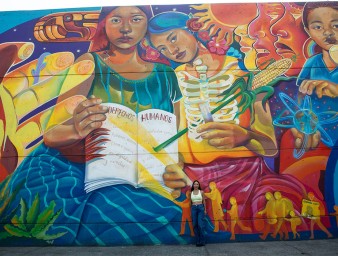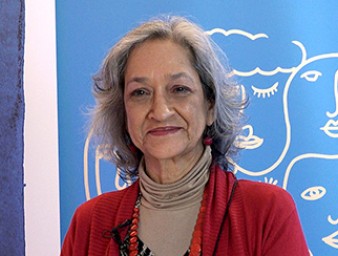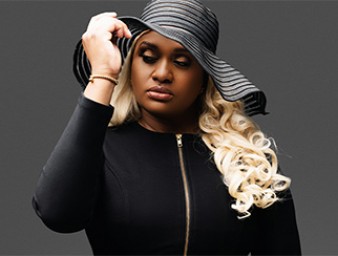Reflecting on progress and renewing commitments to gender equality
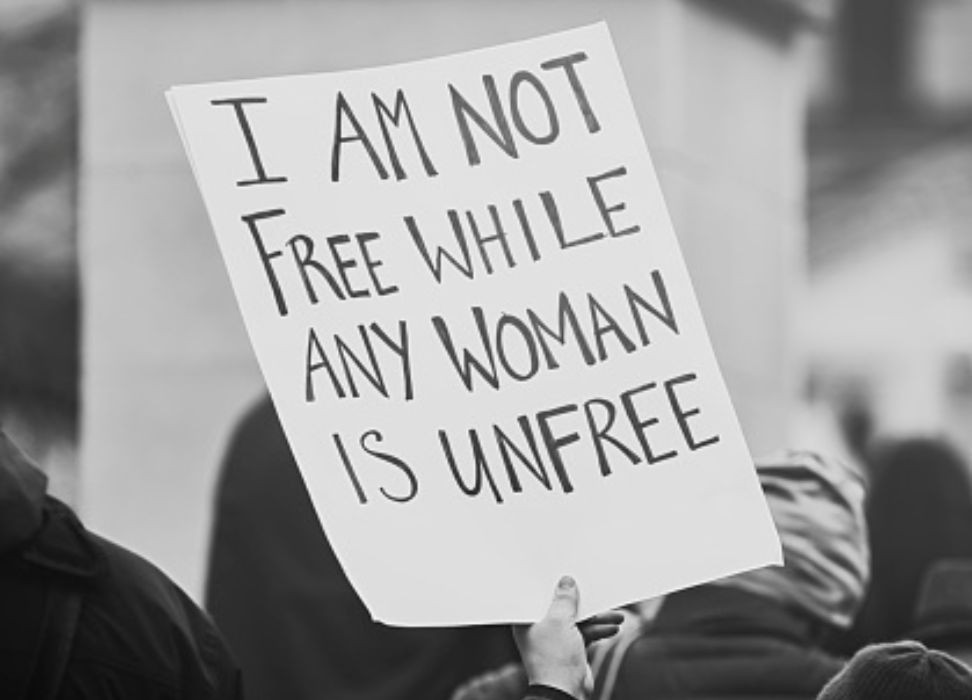
“A gender equal world is a more accessible, more free, and more peaceful world,” said Pashtana Dorani. “It is a fascinating world, where men and women have equal pay; a world where girls and boys are not told which color is for which, or told they cannot play sports or do anything.”
Dorani is a 24-year-old political and civil rights activist from Afghanistan. She is the founder and CEO of LEARN, an NGO that promotes learning for girls in Afghanistan, and continues to do so, despite the ongoing ban on secondary education for girls that took effect in the country after the Taliban takeover in 2021.
The efforts of women human rights defenders like Dorani continue to be indispensable for the rights of women and girls.
“We are witnessing the courageous women and girls in Afghanistan and in the Islamic Republic of Iran who are demanding an end to systematic discrimination against them as well as socioeconomic and legal reforms to ensure their rights and justice,” said UN High Commissioner for Human Rights, Volker Türk.
However, women’s rights and gender equality are under threat, he added.
Societies are seeing the resurgence of conservative narratives that relegate woman to a secondary’s role, with the rise of “authoritarian, patriarchal and misogynistic narratives that reward toxic masculinity and legitimize sexism,” said Türk.
The backlash against women’s human rights and gender equality has reached new heights, with escalation of attacks against gender equality and women’s rights globally, said Hannah Wu Section Chief of Women’s Human Rights and Gender Equality at UN Human Rights.
“The international community must take powerful actions to address the urgent situations where women and girls are risking their lives for demanding human rights and equality,” she said.
Progress can never be achieved if we do not tackle the root causes of gender-based discrimination and inequality, she added.
“The misuse of culture and religion, is where the scourge of gender-based discrimination starts,” explained Wu. She has called for a more holistic approach to advancing women’s and girls’ human rights with a focus on prevention rather than reaction.
Reflecting on progress
In order to continue the fight for gender equality with unwavering determination, societies and individuals alike, must draw inspiration from the progress that has been made in women’s rights throughout the years. Acknowledging the tremendous advancement that has been made, yet knowing that there still remains a long way to go.
Nearly 75 years ago, the Universal Declaration of Human Rights was drafted, setting out, for the first time, the fundamental rights to be universally protected. The UDHR has inspired laws, legislation, even movements that have strived to ensure dignity, freedom, and justice for all.
Women played an integral role in the drafting of the UDHR. The drafting committee was lead by Eleanor Roosevelt. And it was the suggestion of drafter Hasna Mehta from India, that the original language of the document was changed from “all men” to “all human beings” throughout the document, demonstrating that gender equality was non-negotiable.
“The UDHR is a great pathway to accessing all the human rights,” said Dorani, the Afghan activist.
Yet, this promise of dignity and equality for all is not the reality for many women around the world, who find the space for protest and expression severely curtailed or disappeared, she said. It is particularly true for women and girls in her home country, she explained.
“Those in power must be held accountable for not putting the UDHR into practice,” said Dorani.
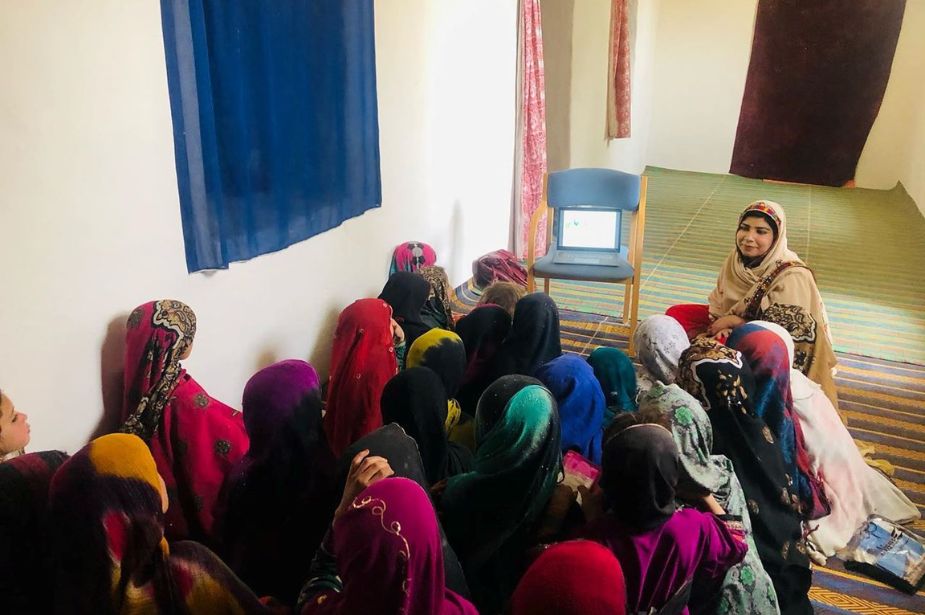
Pashtana Dorani teaching a group of young girls in Afghanistan, as part of her NGO’s efforts to promote education for girls in the country. © PasthanaDorani
The fight never ends
We must stand together against anti-rights and anti-gender narratives, said Türk. “We must address gender equality holistically, recognizing the interdependence and indivisibility of women’s human rights.”
Working towards advancement of women’s right and gender equality is an important commitments for UN Human Rights and central to all areas of our work, said Wu. Working with States, civil society organizations, UN partners and other stakeholders, the Office helps to reform discriminatory laws and policies, eliminate gender-based violence, and battle against gender stereotypes among other actions.
Senegal is one example of the complexities of effectively combatting discrimination against women in politics. In 2010, the country adopted a ground-breaking law on gender parity, which led to more than 44 percent of seats being held by women in the National Assembly. Yet, despite this, immense challenges still remain in the implementation of the law.
“The place for women in politics in Senegal remains contested, and violence has affected them even in parliament,” said Robert Kotchani, Regional Representative for UN Human Rights in West Africa Office. “Ground-breaking laws alone are not enough. Governments have to walk the talk, and that is where we need to continue our advocacy and to support civil society in pushing for implementation and making parity a reality.”
Battling her feelings of anger and hopelessness at times, Dorani said she is determined to channel her energy to continue her activism.
“Activists like us do what we do because we know if we don't stand up every voice existing will be shut down. We don't have a choice it has to be us,” she says.
As her call to action, Dorani encourages people to speak up and stand up against violations of women’s and girls’ rights.
“Just because something isn’t happening in your country doesn't mean it doesn't concern you,” she says. “An unequal world for an Afghan girl is an unequal world for yourself, your family, and for all women.”
